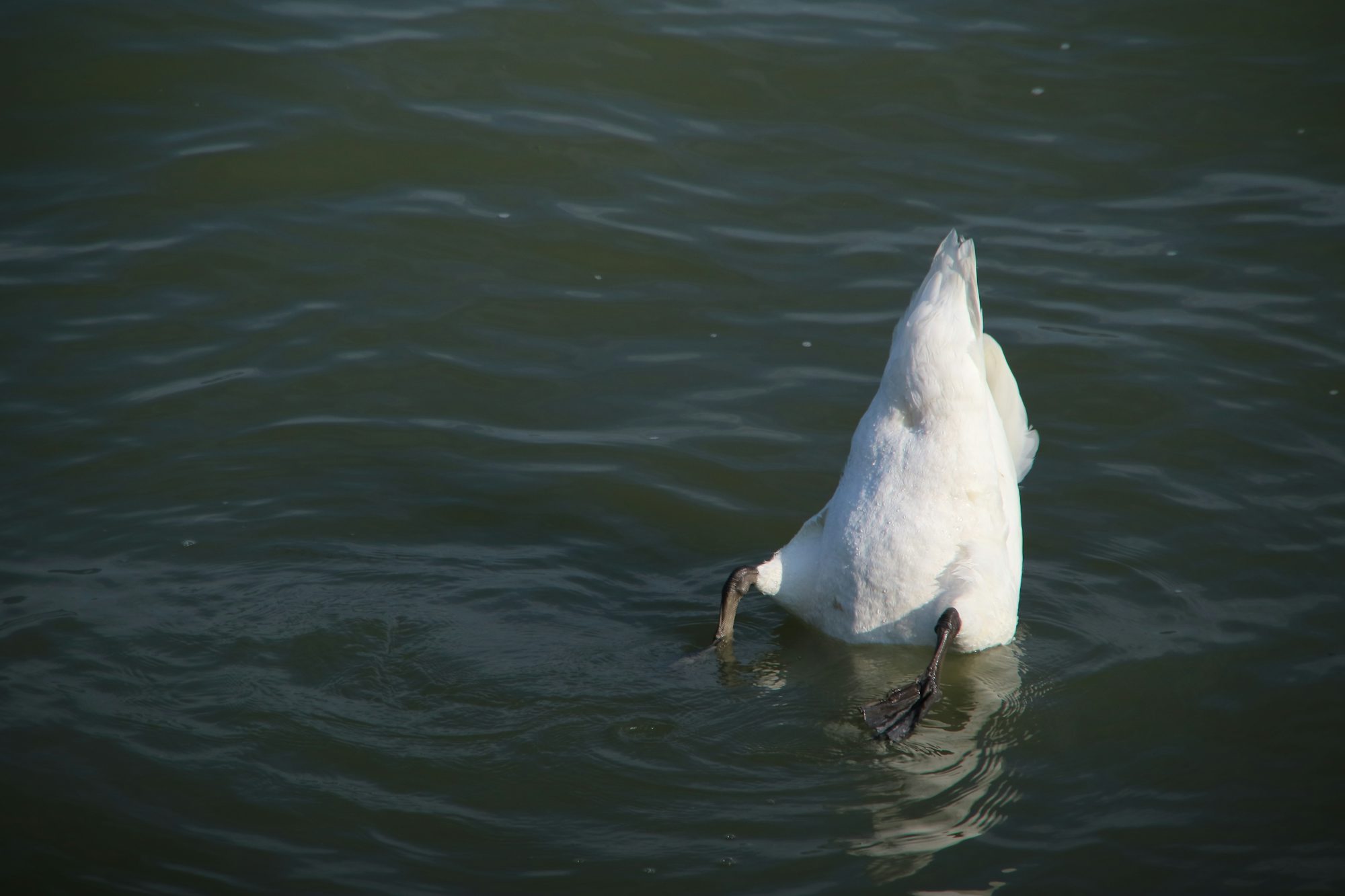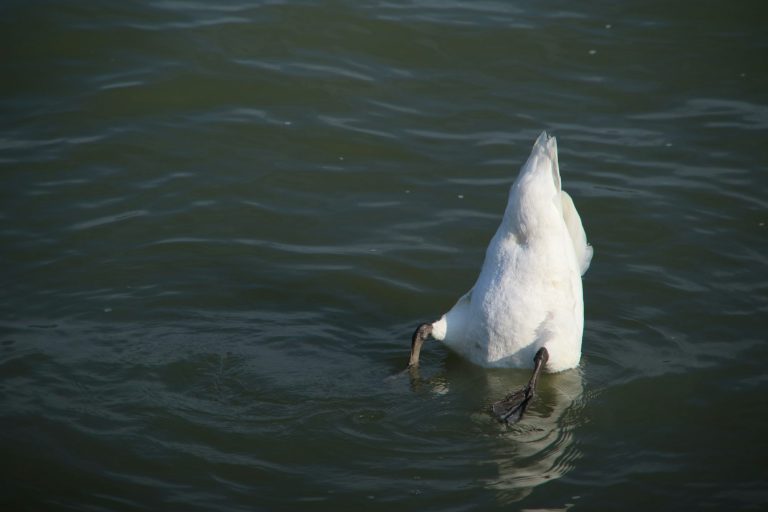
Diving is not merely a sport; it is an invitation to explore the hidden treasures of our planet. The underwater world, with its vibrant ecosystems and fascinating marine life, offers a unique adventure that captivates the hearts of millions. Whether you are a beginner looking to dip your toes into the ocean or an experienced diver seeking the thrill of deeper waters, there is a diving discipline tailored to your interests. This article delves into the various forms of diving, illustrating the techniques, experiences, and beauty that await beneath the surface.
Scuba diving stands out as one of the most popular forms of underwater exploration. This exhilarating activity involves using a self-contained underwater breathing apparatus, allowing divers to navigate the depths with ease. Many divers begin their journey with a certification course, learning essential skills such as buoyancy control, underwater navigation, and safety protocols. These courses are designed to instill confidence and equip divers with the knowledge needed for a safe and enjoyable experience.
Popular scuba diving locations, such as the Great Barrier Reef, the Maldives, and the Red Sea, attract divers from around the globe. Each destination offers unique underwater ecosystems, characterized by colorful coral reefs, diverse marine species, and breathtaking underwater landscapes. As divers descend into the crystal-clear waters, they are often greeted by schools of vibrant fish, curious sea turtles, and the majestic movements of rays gliding gracefully through the water. The experience of swimming alongside these magnificent creatures fosters a deep appreciation for marine life and the need for conservation efforts to protect these fragile ecosystems.
As divers gain experience and confidence, many choose to venture into technical diving, which opens the door to more challenging underwater environments. Technical diving encompasses deeper dives, cave exploration, and wreck diving, requiring specialized training and equipment. Divers in this field must master advanced skills such as gas management, decompression procedures, and emergency protocols to ensure safety in more complex scenarios.
The thrill of exploring underwater caves or the remnants of historic shipwrecks draws many to technical diving. Each dive is an opportunity to discover the hidden wonders of the underwater world and learn about its rich history. For instance, wreck diving offers a glimpse into the past, where divers can explore sunken ships that have become artificial reefs, teeming with marine life. These sites not only tell stories of maritime adventures but also provide critical habitats for various species, highlighting the interconnectedness of history and ecology.
Freediving presents another exhilarating option for those seeking a deeper connection with the ocean. This discipline requires divers to hold their breath and rely solely on their natural ability to explore underwater environments. Freediving emphasizes relaxation, mental focus, and physical conditioning, creating a unique experience that fosters a profound appreciation for the ocean’s beauty. Divers often describe the tranquility they feel while gliding through the water without the constraints of breathing apparatus.
Competitive freediving has emerged as a popular sport, featuring disciplines such as static apnea, where divers hold their breath for extended periods, and dynamic apnea, which involves swimming distances while holding one’s breath. These competitions showcase remarkable human abilities and promote an understanding of breath control and mental discipline in the underwater environment. For many, the allure of freediving lies in its simplicity and the ability to connect deeply with the aquatic realm.
For those seeking a more leisurely introduction to underwater exploration, snorkeling offers an ideal option. With minimal equipment—a mask, snorkel, and fins—snorkeling allows individuals to float on the surface and observe marine life without the need for extensive training. Popular snorkeling locations, like those found in the Caribbean and along Australia’s coastline, boast vibrant coral reefs and a diverse array of marine species, making it a fantastic family-friendly activity.
Snorkeling serves as an excellent entry point for many individuals, allowing them to experience the beauty of the underwater world while building confidence. As snorkelers glide across the surface, they often find themselves enchanted by the colorful fish darting among the corals and the gentle sway of sea grasses. This gentle introduction to the underwater realm can inspire individuals to pursue further training and transition to scuba diving, opening up a world of adventure.
Beyond recreational diving, commercial diving plays a critical role in various industries, including underwater construction, maintenance, and marine research. Commercial divers are tasked with essential duties such as inspecting underwater pipelines, conducting surveys, and performing salvage operations. This form of diving requires specialized training and equipment, as divers often work in challenging environments and must adhere to strict safety protocols.
The diversity of tasks undertaken by commercial divers underscores the importance of diving beyond leisure. Their work supports infrastructure development, environmental monitoring, and scientific research, demonstrating the versatility and significance of diving as a skill. Many commercial divers find fulfillment in their roles, contributing to important projects that benefit society while engaging in an adventurous profession.
Another captivating aspect of diving is underwater photography and videography. Many divers are inspired to capture the breathtaking beauty of marine life and underwater landscapes, documenting their adventures through visual storytelling. The accessibility of underwater cameras has grown significantly, encouraging divers to express their creativity and share their experiences with a broader audience. Through captivating images and videos, divers can raise awareness about marine conservation and the importance of protecting fragile ecosystems.
Cave diving presents a thrilling and unique dimension of underwater exploration. This discipline requires specialized training and skills, as divers navigate submerged cave systems characterized by confined spaces and reduced visibility. Cave divers must possess strong navigation skills and adhere to strict safety protocols to ensure a successful and secure experience. The allure of cave diving lies in the stunning geological formations, intricate passages, and the mystery of exploring hidden underwater realms.
The underwater world of caves often reveals breathtaking formations, such as stalactites and stalagmites, that have formed over centuries. Exploring these otherworldly environments fosters a sense of wonder and appreciation for the planet’s natural beauty. However, cave diving demands meticulous planning, preparation, and adherence to safety measures, making it a discipline best suited for those with experience and a strong commitment to safety.
Ice diving offers an extraordinary adventure, allowing divers to explore underwater environments beneath ice-covered surfaces. This unique discipline requires specialized skills and equipment to navigate cold temperatures and icy conditions. Ice divers create access holes in the ice, unveiling serene underwater landscapes that often host a range of unique marine life adapted to the colder environment. The tranquility and clarity of the water beneath the ice provide an enchanting backdrop for observing the ocean’s hidden wonders.
Night diving adds an exciting twist to the diving experience, revealing a different side of the underwater world after dark. Equipped with specialized underwater lights, divers can explore the ocean at night, witnessing bioluminescent displays and the unique behaviors of nocturnal marine life. This captivating experience enhances appreciation for the diverse ecosystems that thrive in darkness, showcasing the wonders of the ocean that are often hidden from view.
Whether exploring vibrant coral reefs, navigating the depths of underwater caves, or swimming alongside sunken ships, diving offers endless opportunities for adventure. Each discipline presents unique challenges and experiences that allow individuals to connect with the underwater world in profound ways. As divers continue to explore the depths, they foster a deeper connection with the ocean and contribute to the conservation of marine environments.
Ultimately, diving is more than just a sport; it is a journey of discovery, appreciation, and adventure. By embracing the beauty and thrill of underwater exploration, divers become advocates for marine conservation, ensuring that the wonders of the ocean are preserved for future generations. Dive into this captivating realm and let the ocean reveal its secrets, transforming your perspective on the world beneath the waves.



